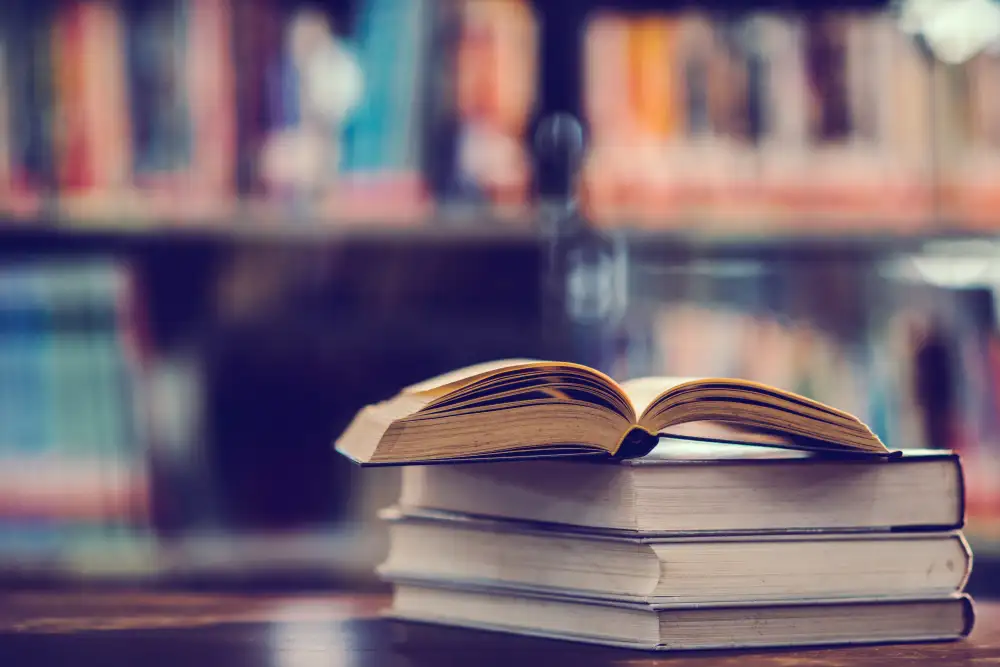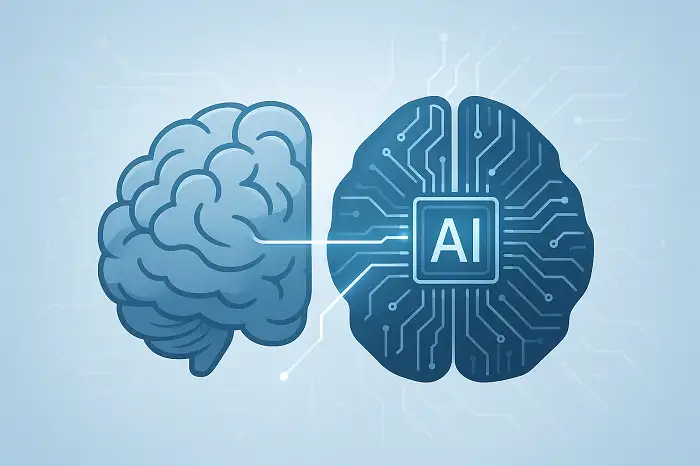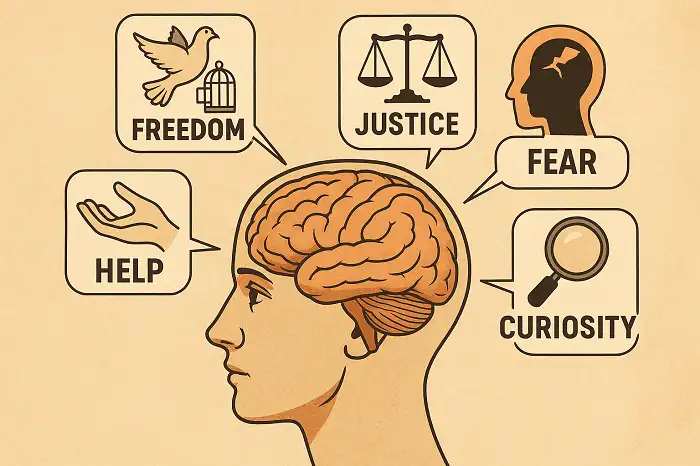Study Skills IELTS Listening Reading Practice Study Skills IELTS Listening Reading Practice Lecturer, author or publisher: The Infographics Show Study Skills IELTS Reading Practice https://www.youtube.com/watch?v=VJbKXmujI00 Reading practice on study skills For those of us in school who are trying to figure out the most effective way to study, science is here on hand to help. Well, it has been traditionally thought by many of us over the years that long hours in front of a computer or in the library before an important exam are required to maximize study time. This is actually not the case. So forget about long nights with eyelids drooping ...
Home » Listening Practice in English » Study Skills IELTS Listening Reading Practice

Study Skills IELTS Listening Reading Practice
Updated: by Dr. Mohammad Hossein Hariri Asl
Time to Read: 8 minutes | 354 Views | 9 Comments on Study Skills IELTS Listening Reading Practice
Share This Post
About the Author
Dr. Mohammad Hossein Hariri Asl is an English and Persian instructor, educator, researcher, inventor, published author, blogger, SEO expert, website developer, entrepreneur, and the creator of LELB Society. He's got a PhD in TEFL (Teaching English as a Foreign Language).
Number of Posts: 4242



A good grade and high accomplishments are a combination of beneficial and practical habits. In this case, sufficient sleep, healthy nutrition, a consistent study plan, and regular exercise all play a crucial role.
Interesting to see that you’re referring to some additional points about studying. As you wisely wrote, a sleep-deprived person on an empty stomach cannot study effectively even though they follow scientific and efficient study skills.
3. The subject that you study about has the most important role that specifies your level of focus, attention and learning efficiency. To what extent do you agree with me?
You’re talking about the interest factor, which is so crucial. We’ll surely discuss it in our next class.
2. How can we transform the short-term information into long-term knowledge?
Fantastic! This process is absolutely essential for successful learning.
1. How could striking a power pose make you better prepared for a difficult test?
Hi ,
is it possible to explain the grammar point of this sentences :”Scientifically Proven Best Ways to Study”
Hi. Certainly.
The word “scientifically” is an adverb for “proven” which is an adjective for the noun “ways”. The noun “ways” has accidentally 2 adjectives here: “best” and “proven”. The formula is: adv + adj + noun.
This grammar structure is so common in English. For example:
beautifully decorated rooms
artistically well-written books, and the like.